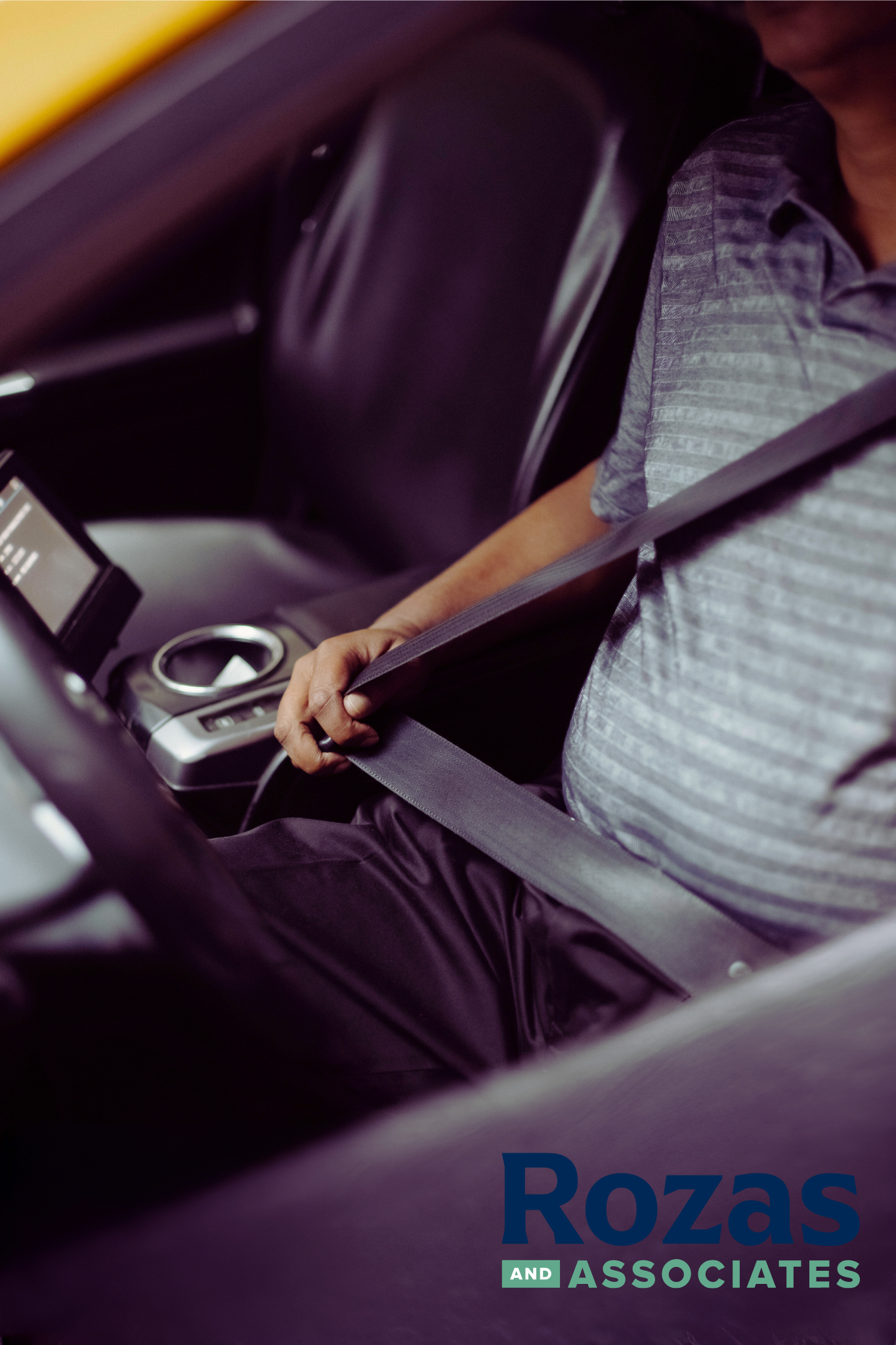Understanding Search Warrants & Exceptions in Louisiana
As citizens, we all have certain rights that protect us from unreasonable searches and seizures. These rights are especially important when it comes to our vehicles. However, there may be times when law enforcement officers need to search your vehicle, and its important to know when they have the legal right to do so.
In this blog post, we’ll take a look at whether law enforcement can search your vehicle without a warrant in the State of Louisiana.
Probable Cause
In general, law enforcement officers in Louisiana need a warrant to search your vehicle. However, there are some exceptions to this rule. One of the most common exceptions is known as the “automobile exception.” This exception allows officers to search your vehicle without a warrant if they have probable cause to believe that there is evidence of a crime in the vehicle.
Probable cause means that the officer has a reasonable belief that a crime has been committed or is about to be committed and that evidence of the crime is likely to be found in your vehicle. If an officer has probably cause to believe that your vehicle contains evidence of a crime, they can legally search it without a warrant.
Search Incident To Arrest
Another exception to the warrant requirement is known as the “search incident to arrest” exception. This exception allows officers to search your vehicle without a warrant if you have been lawfully arrested and the search is related to the arrest. For example, if you are stopped for a traffice violation and are arrested for outstanding warrants, the officer can search your vehicle to look for any evidence related to the warrants.
Its important to note that if you give consent for the police to search your vehicle, they do NOT need a warrant. However, you are not required to consent to a search and you have the right to refuse. If you do not give consent and the officer does not have probable cause or a warrant, they cannot legally serch your vehicle.
If a law enforcement officer does search your vehicle without a warrant or probable couase, any evidence they find may be thrown out in court. Therefore, its important to understand your rights and to speak with an attorney if you believe your rights have been violated.
Conclusion
Law enforcement officers in Louisiana generally need a search warrant to search your vehicle. However, there are exceptions to this rule, such as the automobile exception and search incident to arrest exception. If you are stopped by the police and they want to search your vehicle, you have the right to refuse and ask if they have a warrant or probable couase. Understanding your rights can help you protect yourself in these situations.
Written by David Joseph Rozas
David Rozas is an experienced criminal and immigration lawyer and one of the founding partners of Rozas & Rozas Law Firm. He has been with the firm since 2004, joining his brother, Greg in practice. David concentrates his law practice on criminal defense and immigration.

.svg)
















